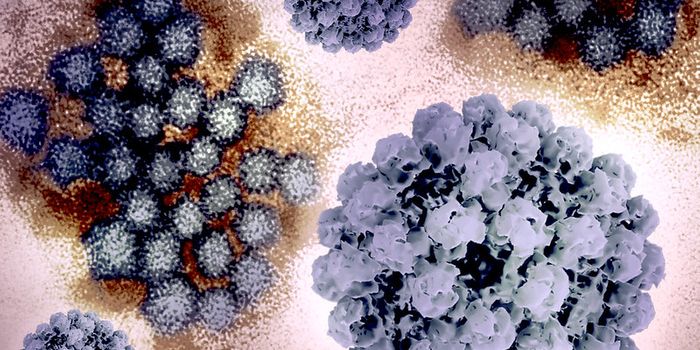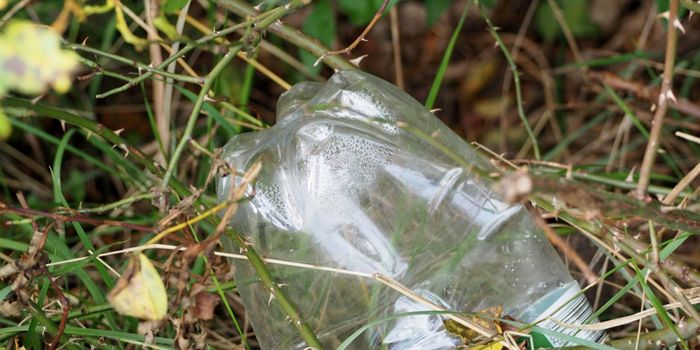Could Huntington's Disease be Treated Using Gut Bacteria?
The gut microbiome, the community of microbes that helps us digest food and absorb nutrients, has been shown to have an influence on many aspects of health and disease. The trillions of microbes that reside in and on our bodies all carry their own genes and can release their own molecules. Scientists are starting to learn more about how specific strains of microbes are connected to certain illnesses, and how bacteria might be useful as a therapeutic for some disorders. Recent work has shown that while a genetic mutation is to blame for the disorder, Huntington's disease (HD, described in the video video) patients also have abnormalities in their gut microbiome.
Reporting in Brain Communications, scientists assessed the gut microbiomes (by analyzing the fecal samples) of 36 healthy volunteers, and 42 people that carried mutations in their huntingtin gene, 19 of whom had the disease and 23 of whom were not yet showing symptoms. They wanted to know more about how the gut microbiome and Huntington's disease are related. The enteric nervous system, which is the complex network of neurons surrounding the gut, is closely related to the nervous system and has direct links to the brain.
"It is also possible that the changes in these trillions of gut bacteria - which outnumber the trillion or so human cells in each person's body - which are known to talk to the brain, could also affect symptoms of HD such as depression and dementia," suggested Professor Julie Stout, Director of Monash University's Clinical Cognitive Neuroscience Laboratory.
The investigators found that people with Huntington's disease had big changes in their gut microbiomes compared to healthy people, when looking at the families of bacteria composing the microbial communities. The gut may, therefore, be sending altered signals to the brain, immune system, and other parts of the body in Huntington's disease patients. The researchers suggested that these microbial shifts could be contributing to the severity of the disease (though whether they're a product or a cause of the disorder is still unclear).
"These results raise the tantalizing proposition of whether the gut may be a potential target for future therapeutic intervention to improve outcomes in Huntington's disease and other neurodegenerative diseases," Stout said.
Huntington's disease is a neurological genetic disorder in which affected individuals gradually experience a gradual loss of function like movement and cognition. People that carry the genetic mutation that is connected to the disorder have a fifty percent chance of passing it on to their children. The life expectancy of carriers is reduced by ten to 25 years, and depression is thought to be five to ten times more likely for people with the disease, who face a significantly impacted quality of life in their later years.
Sources: AAAS/Eurekalert! Via Monash University, Biological Communications

![[Guide] 7 Strategies to Boost Laboratory Collaboration](https://d3bkbkx82g74b8.cloudfront.net/eyJidWNrZXQiOiJsYWJyb290cy1pbWFnZXMiLCJrZXkiOiJjb250ZW50X2FydGljbGVfcHJvZmlsZV9pbWFnZV83YzBjZWIwM2Y5YzI4MmFlYzBhZDZhMTcyNTQ1ZGU3YmE4Y2MzMDYyXzUxNDkuanBnIiwiZWRpdHMiOnsidG9Gb3JtYXQiOiJqcGciLCJyZXNpemUiOnsid2lkdGgiOjcwMCwiaGVpZ2h0IjozNTAsImZpdCI6ImNvdmVyIiwicG9zaXRpb24iOiJjZW50ZXIiLCJiYWNrZ3JvdW5kIjoiI2ZmZiJ9LCJmbGF0dGVuIjp7ImJhY2tncm91bmQiOiIjZmZmIn19fQ==)






